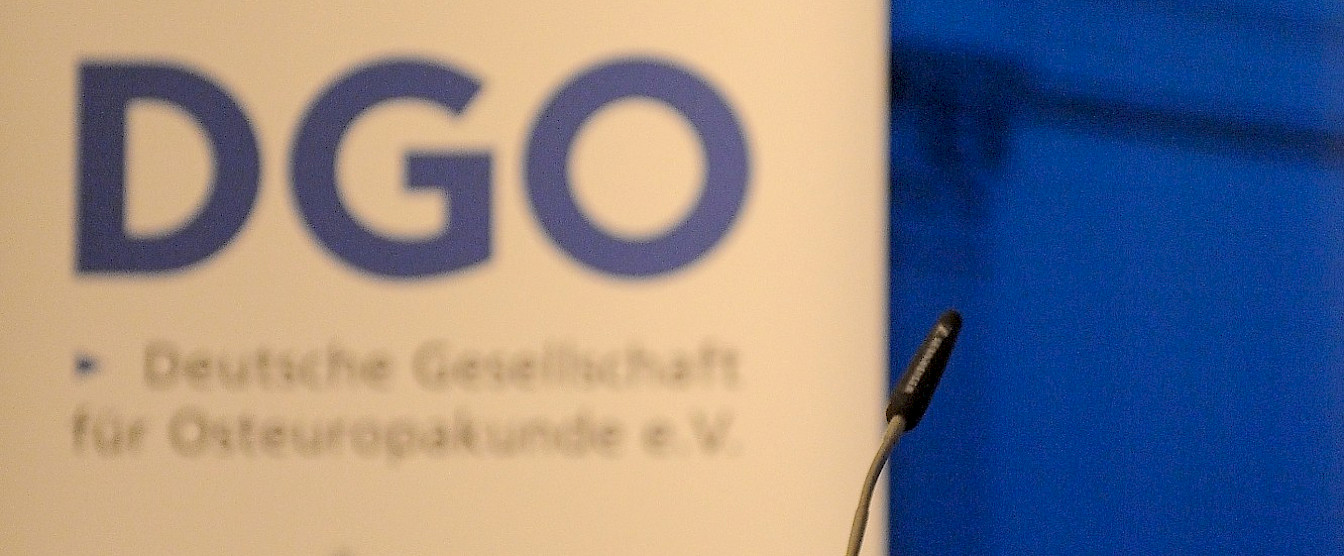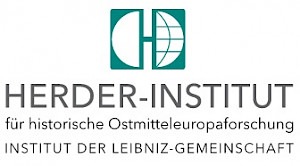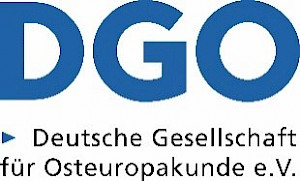
Fachtagung
Authority and Medical Expertise
Health as a Social Good and Political Argument in Eastern Europe, Russia and beyond
To receive the meeting link please send a mail to: forum@herder-institut.de
International Historical Conference of the German Association for East European Studies in cooperation with the Herder-Institute for Historical Research on East Central Europe and the German-Polish Society for the History of Medicine
Healers have always held privileged, sometimes prominent positions in human communities, just as it has always been one of the tasks of political leaders to protect the life and limb of their subjects. Medical expertise in the broadest sense can thus be defined as social capital, which in turn must be harnessed by rulers, especially in ‘health crises’, in order to maintain their legitimacy. This close relationship between rulership and medical expertise – however it may be recognized – has been clearly evident at least since the “Black Death” in the mid-14th century. The fight against epidemics has, in particular, become a political issue worldwide. In line with the authorization of university medicine in the modern era, a discourse began in Western and Central Europe around the “medical police” and the “medicus politicus,” whose
concepts and practices were adapted in Eastern Europe. Since numerous epidemics (plague, cholera, and not least corona) have been carried from the “East” to the “West,” the Western and Central European view has, in turn, been shaped in a special way.
The COVID-19 pandemic – as an incentive for this conference – has not only refocused questions around the health of individuals, but it has also brought into focus the question of the public, and thus political, approach to health. We are currently experiencing for example the precarious difference between scientifically testing and politically licensing vaccines, and fi nally the acceptance of vaccination in general and special vaccines in particular in the population. The awareness of these issues has never been greater than it is now. From an historical perspective, however, the politization of health issues and of health expert knowledge does not seem unusual: Health issues have always been used as an important tool to legitimize rulers and have, therefore, tended to be politicized. In addition, health policy, for example, around the construction and support of hospitals and doctors, has also played an important role in domestic politics; these measures clarify the relationship of those in power to the population.
What measures are taken for disease prevention? What supportive, social regulations are put in place? In light of these exemplary questions, the aim of the conference is to provide the opportunity to discuss, with an historicizing perspective, the social relevance of health politics and the interdependencies between political authorities, agency and medical expertise in Eastern Europe and Russia as well as the neighbouring regions such as the Caucasus.
Veranstaltungsprogramm
Program (PDF, 269 kB)
Veranstaltungsbericht
Report: Julia Malitska
The aim of the online international historical conference was to provide a forum for discussion on the social determinants of health and the interdependencies between political authorities, agency and medical expertise in East Central Europe, Russia and the Caucasus from a historical perspective. One of the further ambitions of the conference organizers was to tackle and reflect on the questions of the public and political approaches to human and public health across time and space, as well as to explore the complexities of relationships between rulership and governance on the one hand, and medical expertise on the other.
The conference offered a solid geographical representation of topics, and brought together a diverse array of case studies and perspectives on the issues at hand. The papers addressed and conceptualized the objectives of the conference from different spheres of scientific knowledge and medical disciplines such as epidemiology, venereology and dermatology, forensic psychiatry, gerontology. The conference was comprised of five panels and a project presentation. It brought together 21 researchers at different stages of their career to present and discuss their works-in-progress, as well as original results of their research in the fields of the history of medical knowledge, expertise and manifold politization(s) throughout the eighteenth and twentieth centuries.
The three papers in the first section discussed the developments in the contexts of the ancien regime, histories of empires, in East Central Europe. They focused on multifaceted discourses of and practices concerning madness in Hungary during 1780–1830, medical orientalism in 19th and 20th century Czech culture, and discussions on obstetrics in late partitioned Poland.
The lion’s share of the conference papers however focused on the long 20th century, with the specific focus on the developments after the Second World War, and within the Eastern Block and Soviet contexts. The presentations held in various panels also witnessed a variety of approaches and methodological inspirations, ranging from Edward Said’s orientalism, Michel Foucault’s biopolitics and governmentality, to critical discourse analysis and microhistory. The aim of the conference was addressed and comprehended by the panellists from gendered and environmental perspectives, cultural studies, including both from bottom-up approaches (for example, the case studies about visiting nurses in Stalinist Poland and socialist Hungary) and top-down vantage points (for example, the papers on politization of women’s health in socialist Poland, Czechoslovakia, and East Germany). Focusing on practices and policies in a multitude of national and local contexts, the conference papers made use of rich source material including archival materials, memoirs and sources of personal origin, policy documents, to visual material. The crosscut topics that surfaced during the presentations and discussions were, among others, professionalization of medical expertise; politics–science nexus; violence, discipline, and correction; biopolitical techniques and logics; knowledge transfer over borders and its adaptation(s); sexuality, reproduction, and body politics.
The first day of the conference ended with a keynote lecture by Prof. Dr. Sven Opitz, entitled “Ecologies of Breath: Vital Atmospheres in Times of Covid 19.” Using the example of vital atmosphere research (aerosols) on spreading the coronavirus during the current pandemic, he clearly revealed the influence of medical authority on societies and political actors. Following his lecture, the final discussion began and two viewpoints dominated: shifting gender regime(s) and its imprint(s) on socialist and Soviet medicine, as well as the concept of the “preventive medicine”, and the interplay between “prevention” and “curation” in Soviet medicine. The panellists made general observations on presented papers, conducted panel discussions, and raised further questions concerning the instrumentalizations of medical knowledge and expertise, as well as politization of health issues and health care.
Focusing on previously understudied and neglected aspects of both medico-scientific and socio-political histories, the conference presentations showed a great epistemological potential in bringing late imperial, Soviet and socialist contexts into a dialogue with more widely studied Anglo-American/Western European cases. Medical humanities is a blossoming field of East Central European Studies, as the conference encounters witnessed.
Conference report (PDF, 134 kB)
Datum:
20.10., 12:00 Uhr bis 21.10.2021, 18:00 Uhr
Hinweis:
Die Veranstaltung findet online statt.
Sprache(n):
English
Program (PDF, 269 kB)


